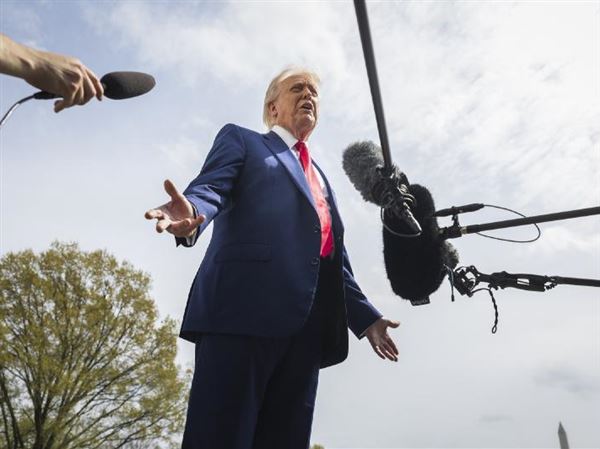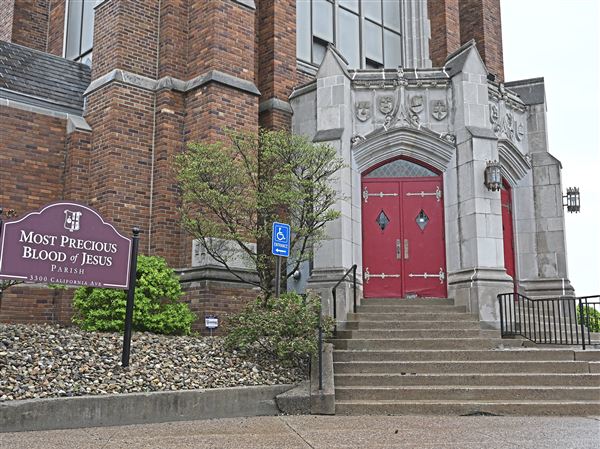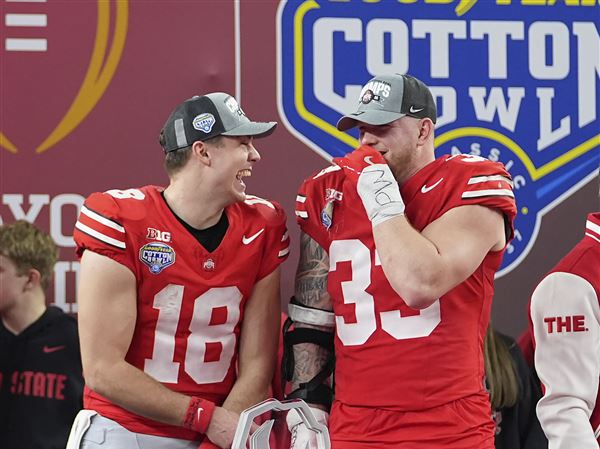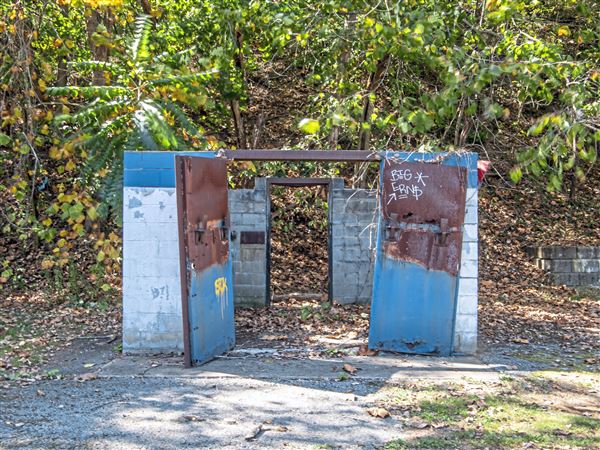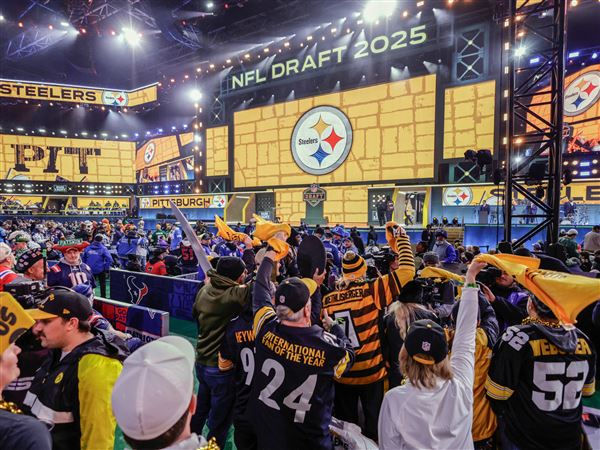WARSAW, Ind. -- When Don Running and his two partners decided to start up a company specializing in orthopedic plates and screws to mend broken wrists two years ago, it was a given that they would set up shop here.
Silicon Valley has computers. Detroit has cars. But in orthopedic devices, the undisputed world capital is Warsaw, a city of 12,500 with a silver-domed 19th-century courthouse and pickups angled into the curb on Main Street.
Three of the world's five largest makers of artificial joints and related surgical tools have their headquarters here amid the lakes and fields of northeastern Indiana. The local industry has grown so much that it's now a regional force, with orthopedics companies popping up in nearby farm towns and the suburbs of Fort Wayne, about 50 miles to the east.
"How many orthopedic-implant engineers do you find walking around most places?" asks Mr. Running. "Well around here, you bump into them in the supermarket."
Memphis, Tenn., and northern New Jersey are other industry hotspots, but none rivals Warsaw for sheer concentration. And while major orthopedics companies are looking overseas for cheaper places to produce items such as basic bone screws and metal plates, the U.S. retains a firm grip on the industry.
A big reason is that the U.S., with its population of fast-aging baby boomers, injury-prone weekend athletes and overweight people, is by far the world's biggest market for artificial hips and knees. The U.S. represents an estimated $14 billion of the annual spending in a global market of $22.9 billion, according to Knowledge Enterprises Inc., a Chagrin Falls, Ohio, market research firm.
The U.S. also effectively protects manufacturers in the sector with strict regulations for devices that go inside the human body. Rather than risk problems -- and crippling lawsuits -- U.S. health-care providers buy their artificial joints from companies they know, which generally means buying American.
Profits are so good in the orthopedics industry that there isn't much pressure on suppliers to shave costs by going to low-cost countries. "The reason this business is in Warsaw and not Mexico is because margins are 70 percent or better," says Ron Clark, an orthopedic surgeon who founded his own company in Fort Wayne, which is on the other side of the state from his home in Valparaiso, in part so he could be closer to Warsaw. Dr. Clark says savings from going abroad just aren't worth it.
To be sure, the industry's dynamics may be starting to change. Health-care providers are starting to push back against the industry's steady price increases, raising concerns among investors about whether profits for Warsaw companies and others can keep up the brisk growth.
There are other shadows over Warsaw's future. The U.S. Justice Department has opened two probes of orthopedics makers in the past two years, including an antitrust investigation in which Smith & Nephew PLC, of the U.K., has confirmed that one of its independent sales representatives tried to initiate an industry-pricing strategy in response to a U.S. hospital's bid request. Other producers, including those in Warsaw, have said they didn't respond to the suggestion.
The big implant makers also received a separate batch of subpoenas in early 2005 regarding an investigation of any financial ties between them and surgeons who recommend their products. Doctors work closely with device makers to develop and refine artificial joints, and the companies have long paid surgeons as consultants and designers.
At least for now, though, Warsaw's orthopedics businesses continue to hum. The industry got its start here over a century ago, when a Canadian pharmacist, Revra DePuy, came up with the idea of making flexible splints to replace the wooden barrel staves then used to set broken bones.
The company he created thrived and exists today as DePuy Inc., a unit of Johnson & Johnson. It eventually spawned other companies, as people left to start competing operations. Indeed, Warsaw's largest employer is Zimmer Holdings Inc., founded by a DePuy salesman who broke out on his own in the 1920s. Today, about 60 percent of the workers who live within seven miles of Warsaw are directly or indirectly engaged in orthopedics manufacturing, says Joy McCarthy-Sessing, president of the local chamber of commerce.
Such a concentration of one industry in such a small town is unusual, but the larger phenomenon isn't unusual at all. Many of the strongest U.S. manufacturers set up production far away from urban centers, with their high taxes, labor, and utility costs, and instead look for locations in small towns, close to major highways and railways. Proximity to transportation hubs allows for smooth logistics in an age of just-in-time deliveries. Warsaw, for instance, sits astride a highway, U.S. 30, connecting Fort Wayne and Chicago.
Economists have long known that businesses thrive when they congregate in one place. Think of Hollywood movie studios, or the Route 128 technology ring around Boston. The same holds true in manufacturing. "Companies that operate in clusters have greater access to talent," explains Jeffrey Grogan, partner at the Monitor Group, a Boston strategy consulting firm. They also serve as fertile ground for start-ups.
Mr. Running's company, Deo Volente Orthopaedics LLC, is a prime example. Mr. Running first met his partners, Rod Mayer and Jeff Ondrla, when the three were working together at DePuy in the early 1990s. Mr. Running and Mr. Ondrla are engineers and inventors, and Mr. Mayer's background is in sales.
Mr. Mayer got the idea for the company after seeing that the market for "extremity" devices, such as plates and screws for fixing broken wrists, wasn't then as developed as it was for major joints, such as hips and knees. The three were eager to get away from big-company bureaucracy.
And as often happens in the close confines of Warsaw, the partners' connections stretch into their personal lives: They were attending the same evangelical church in 2004 when they launched the company. Deo Volente means "God willing" in Latin.
The three men agree it is a hefty advantage to have so much of what they need at their fingertips. "It's a lot easier to drive across town and visit a supplier then it is to pick up the phone and try to talk through some complicated issue," says Mr. Ondrla.
Warsaw is dotted with small support businesses, from packaging firms that specialize in super-clean processes to machine shops. There are even multiple manufacturers of the plastic trays and cases needed to pack orthopedic kits. A total hip replacement, for instance, can require up to 22 cases of equipment and each case and tray is specially designed.
The region surrounding Warsaw has long been home to the U.S. automotive and machinery industries, churning out a stream of skilled machinists, toolmakers and industrial engineers. Orthopedics makers opening up shop in Warsaw found a ready supply of skilled workers, particularly in recent years as the more-traditional sectors have slumped.
Whole companies in the region have switched over to serving the orthopedics industry in recent years, including the small factory contracted to do most of the production for Deo Volente: Three years ago, Micropulse Inc., of nearby Columbia City, Ind., stopped doing any work for the automotive and other old-line industries -- which once accounted for over half of its business -- to focus on orthopedics.
"Half of our customers were closing, so we divorced them all," says Brian Emerick, president of Micropulse. His company is now growing 25 percent a year, he says.
